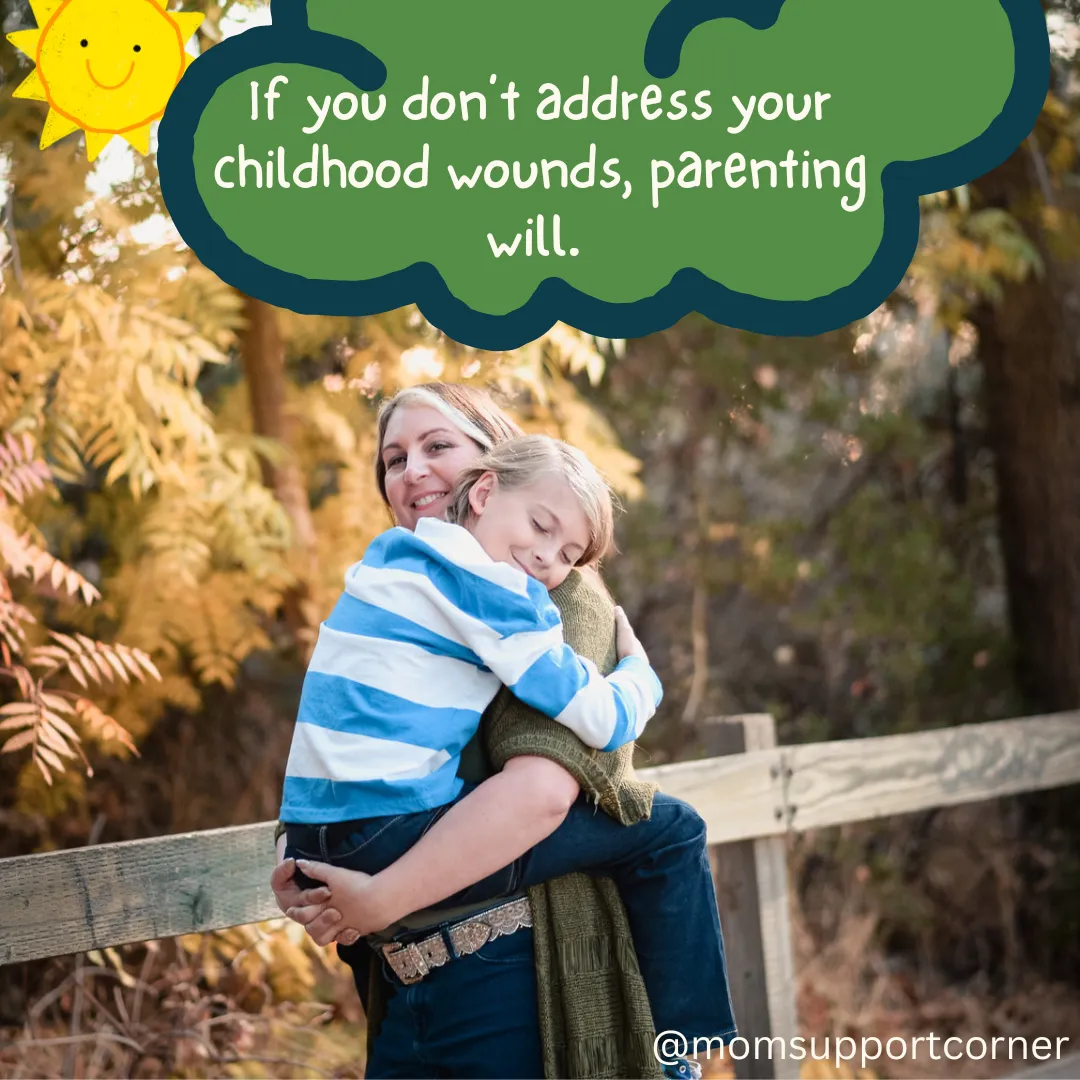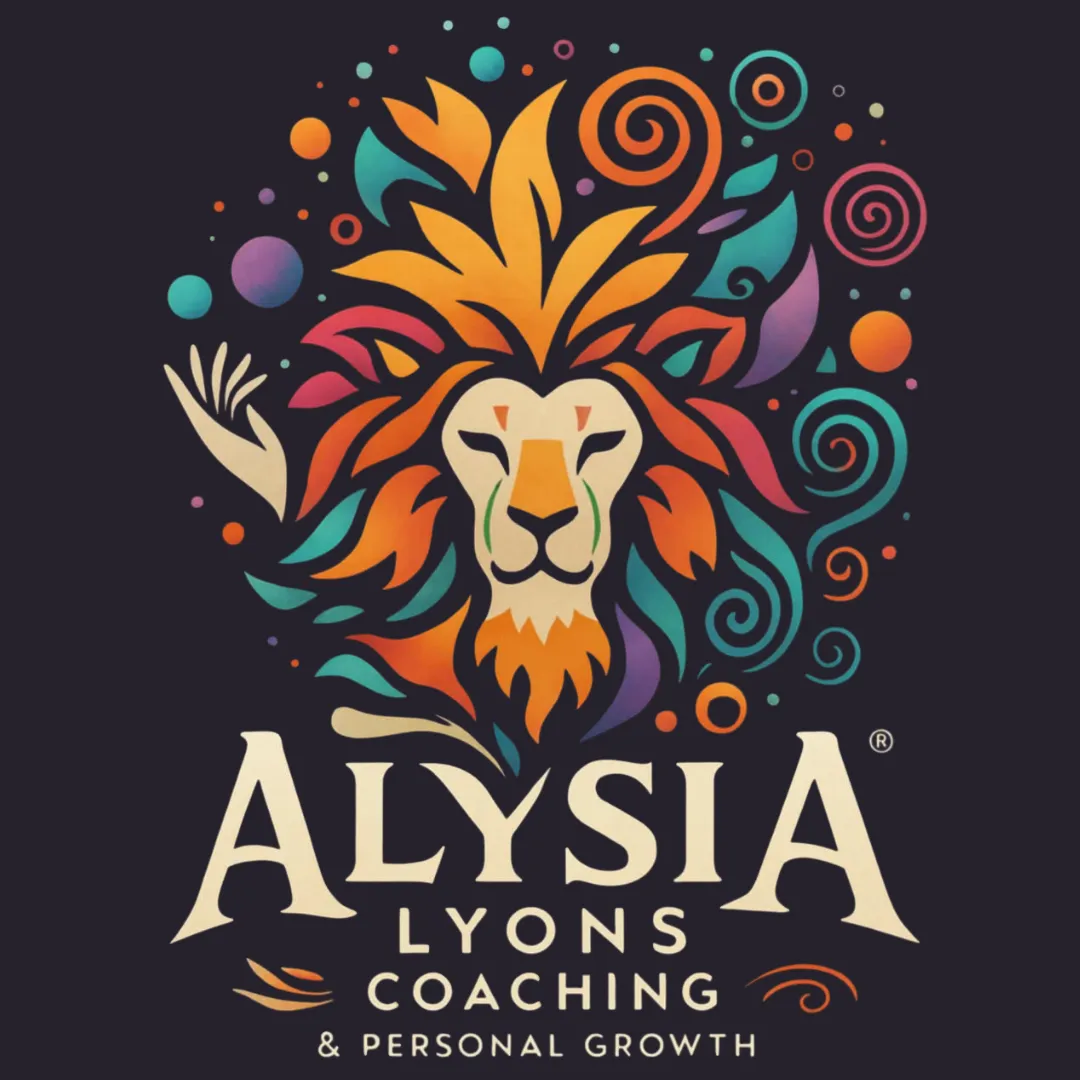
Healing Childhood Wounds for the Sake of Your Marriage and Parenting
In life, we often carry with us the scars of our past. These wounds, formed in childhood, shape our views of ourselves and the world around us. One powerful quote recently crossed my path:
"If you don't address your childhood wounds, your marriage will." - Unknown
This thought stirred something deep within me, as it reveals a truth not just about marriage but also about parenting. The emotional baggage we carry doesn’t magically disappear with age or life milestones like getting married or having children. Unless we consciously heal these wounds, they will manifest in our relationships—with our partners and our kids.
Why Childhood Wounds Resurface in Adulthood
Childhood is where we first experience love, conflict, validation, rejection, and safety. These early experiences shape the core beliefs we hold about ourselves and others. If you grew up feeling unloved or unsafe, those feelings often linger well into adulthood, impacting how you interact with those closest to you—especially in emotionally charged relationships like marriage and parenting.
Marriage, in many ways, mirrors the family dynamic you grew up in. It's common for unresolved wounds to bubble up when you're in a committed partnership. Suddenly, the ways you react in disagreements or seek validation may reflect unmet needs from childhood. And just as powerfully, these same dynamics can appear in parenting.
Children are like mirrors, reflecting back not just the love we give them but also the unhealed parts of ourselves. A child’s emotional needs can trigger feelings of inadequacy, anxiety, or frustration if those feelings remain unresolved in you.
Parenting Through Unhealed Wounds
If you’re not actively working to heal your wounds, you might unconsciously pass them on to your kids. For example, if you grew up feeling unheard, you may unintentionally react harshly when your child expresses strong emotions. If you were raised in a critical household, you might find yourself becoming overly critical of your own kids, even when you know it’s not productive.
Our children often reflect our own insecurities back to us, challenging us to face them head-on. But this is where the power of healing comes into play.
Why Healing Matters
One of the hardest but most transformative truths is this: healing is not just about you. It's about breaking cycles for the future generation. If you’re not going to heal for yourself, do it for your kids. When you start to address your own wounds, you can model emotional resilience and self-awareness for your children. This allows them to grow up in an environment where they are allowed to feel, express, and process their emotions in healthy ways.
Healing requires effort, vulnerability, and time. It means acknowledging pain you may have buried long ago. It means sitting with uncomfortable emotions and seeking out therapy, self-help, or even just honest self-reflection.
But the payoff is immense. As you heal, you create more space for love, compassion, and patience. You begin to notice when old triggers arise and can respond more thoughtfully to both your partner and your children.
Practical Steps for Healing
1. Acknowledge the Wound: The first step in healing is acknowledging the pain. Reflect on your childhood and identify areas where you felt hurt, abandoned, or misunderstood.
2. Seek Professional Help: Coaching can be a powerful tool for unpacking childhood trauma and developing strategies for emotional growth.
3. Practice Mindfulness: In moments of conflict or frustration, pause and reflect on whether your reaction is tied to the present situation or rooted in past wounds.
4. Communicate Openly: Both in your marriage and parenting, open communication is key. Share your struggles and insecurities with your partner and children (within reason; we don't want to burden them with our emotional issues and we don't want to shield them completely either). Encourage emotional honesty in your children.
5. Give Yourself Grace: Healing is a process, not an overnight fix. Be patient with yourself and recognize that growth comes in small, incremental steps. It's personal development not personal done-velopment.
A Future of Emotional Freedom
As adults, we have the power to reshape our narratives. We don’t have to be defined by the pain we experienced as children. By taking intentional steps to heal, we can show up as healthier, more present partners and parents. We can give our children the emotional tools we may not have had growing up, ensuring that they don’t inherit the same wounds we’ve worked so hard to mend.
Healing isn’t easy, but it’s one of the most profound gifts you can give yourself—and your family. Your children deserve a parent who is emotionally whole, and your marriage deserves the freedom to grow without the weight of old wounds. The work starts with you, but the impact reaches far beyond.
By addressing the past, we pave the way for a healthier, more compassionate future for our families. Let's break the cycle and embrace the healing journey—for ourselves and for those we love most.
If you are ready to being healing but you don't know where to start, schedule a free alignment call to see how I can support you best.
Your partner in parenting,
Alysia
Mom Support Coach
© 2025 Coach Alysia Lyons. All rights reserved.


Facebook
Instagram
LinkedIn
Youtube
TikTok